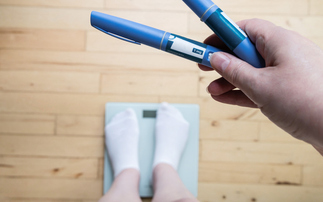Around 69% of female employees would welcome support from an employer around women's health issues such as miscarriage, difficult pregnancies or menopause to help remain in the workforce, according to research by The British Standards Institution (BSI).
As part of its 2025 Lifting the Second Glass Ceiling report, the business improvement and standards company surveyed 6,494 women in the workforce in the UK, India, Japan, China, US, Germany and Australia, with more than 1,000 of these being from the UK. It found that 55% would prefer to deal with female health issues in private, but for those who would welcome support, this ranged from paid leave to flexibility or access to healthcare support. Respondents expressed a desire for formal policies for difficult pregnancies, miscarriage or baby loss (67%) and for neurodivergent conditions ...
To continue reading this article...
Join COVER for free
- Unlimited access to real-time news, key trend analysis and industry insights.
- Stay on top of the latest developments around health and wellbeing, diversity and inclusion and the cost of living crisis.
- Receive breaking news stories straight to your inbox in the daily newsletter.
- Members only access to monthly programme 'The COVER Review'
- Be the first to hear about our CPD accredited events and awards programmes.








